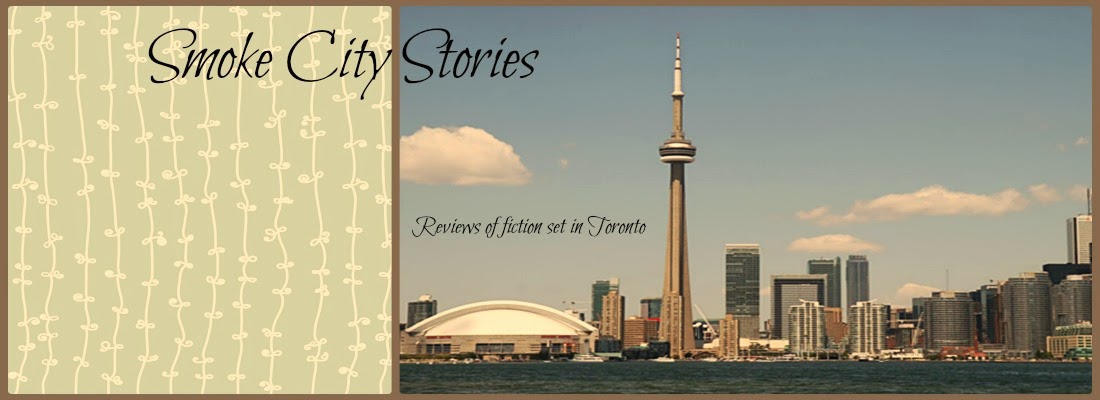At first I thought the book was a collection of similarly themed short stories, but then characters and situations started to become interwoven, and it is one coherent story. I'm not sure if it can be classified as a novel, as the point of view not only shifts, but so does the focal point of the narration. At first it was a book about queer awakening, with a little touch of street life. But it gradually shifts to be much more about making it on the streets.
The general story is of a few days in the lives of a group of queer street punks, culminating in a big birthday party that Oreo throws for her girlfriend, Ferret, in an abandoned factory where some of the kids have set up a sort of collective home. The party is busted by the cops, in particular a very nasty copped nicknamed "The King" by the kids - a cop who preys on street kids, rapes them and then trafficks them. One of the kids is shot and killed at the party, and the King is trying to pin it on one of the other kids, but he wants Ferret as a witness.
I sort of glossed over the events leading up to the party but they are where the real meat of the story is. Many of them involve the gradual blossoming of sexuality and/or gender identity, treated alternately with humour and brutality by the author. Toronto is sort of more of a character than a setting in the book; it lurks as a pleasant, far-off dream at first, and then gradually becomes a hot smelly nightmare for the characters. In one of the early stories, two of the characters yearn to go to the city; in the last story, two others have left it for good. I can't really explain how satisfying this is without spoiling the plot.
This book made me depressed and angry, but it was good. Really good. The author, a self-identified punk herself, knows these characters inside and out and is so good and so subtle in how she draws them. I feel like it's the kind of book that I would have to re-read, and keep finding more in it each time, but I'm not sure how much emotional energy I would have for such a task. Really, this is not a feel good novel. It will kick you in the gut. But it is really awesome and you should read it.


